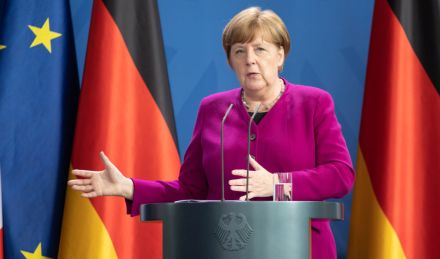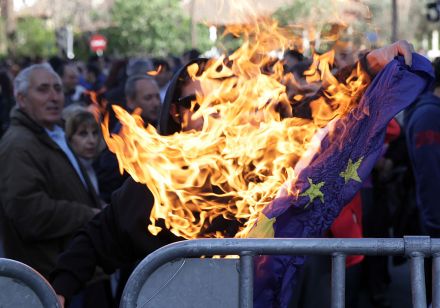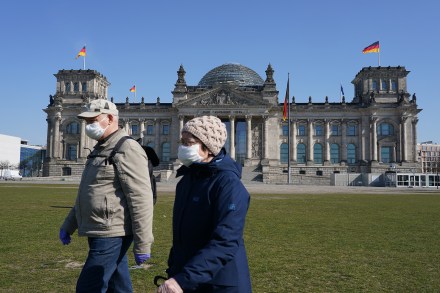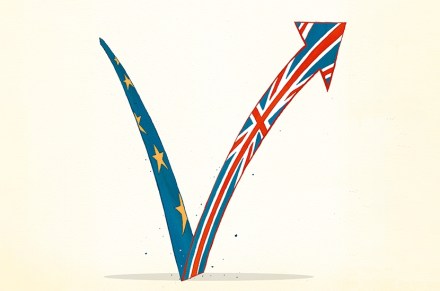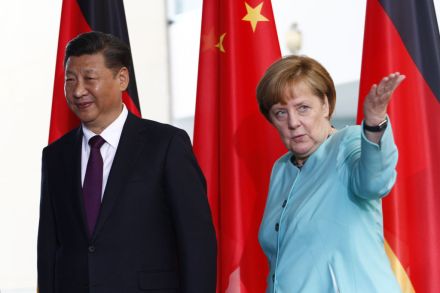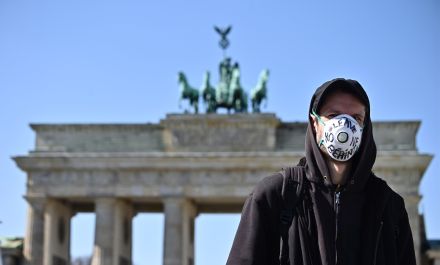Germany’s far-right and the rise of the anti-corona protests
Germany has been in uproar over the events that unfolded this Saturday, when 38,000 protesters gathered in Berlin and clashed with the police. The organisers of the gathering, entitled Umdenken (Rethinking), claimed they wanted to show their frustration at government measures to contain the spread of the coronavirus. Among the 38,000 were at least 3,000 far-right sympathisers and extremists, according to Berlin’s interior minister. The run-up to Saturday’s protests was already marked by controversy, as Berlin’s local government had initially banned the gathering due to concerns that the event could contribute to the spread of the coronavirus. As is often the case in Germany when governments ban political protests, a






